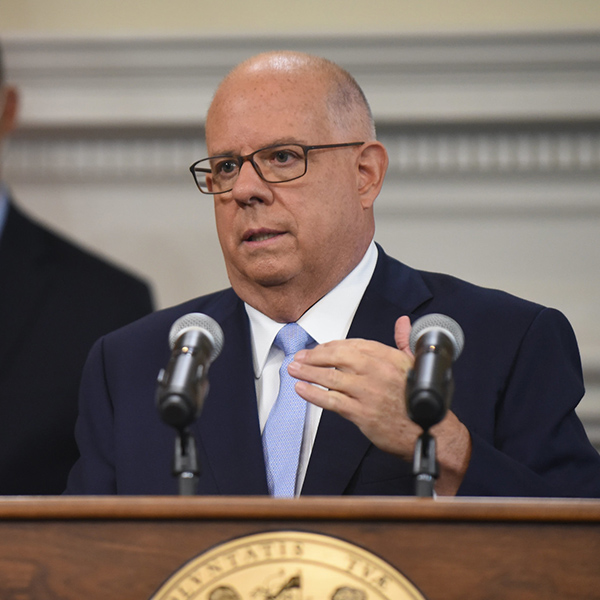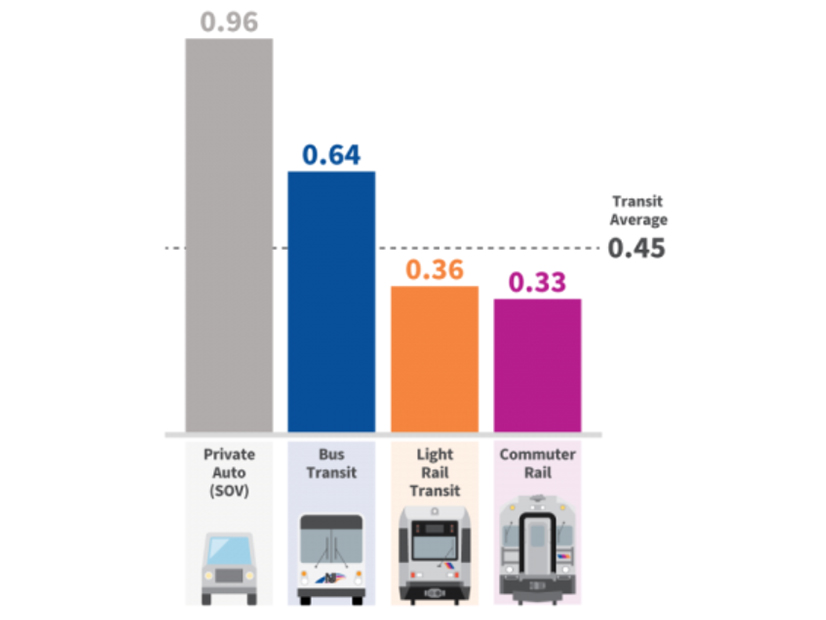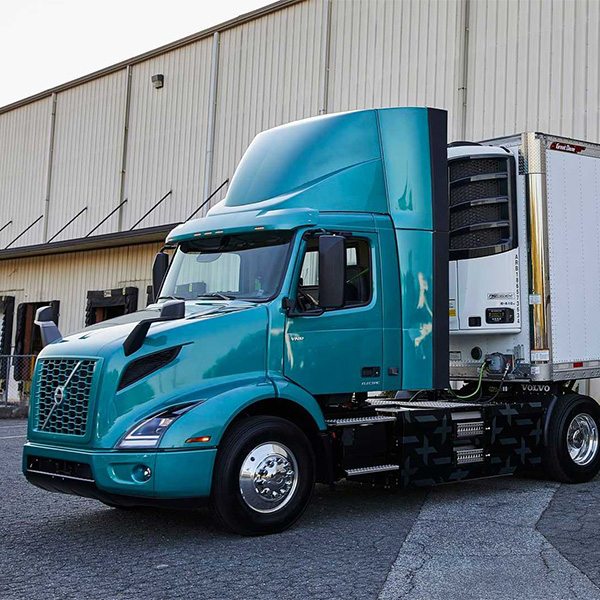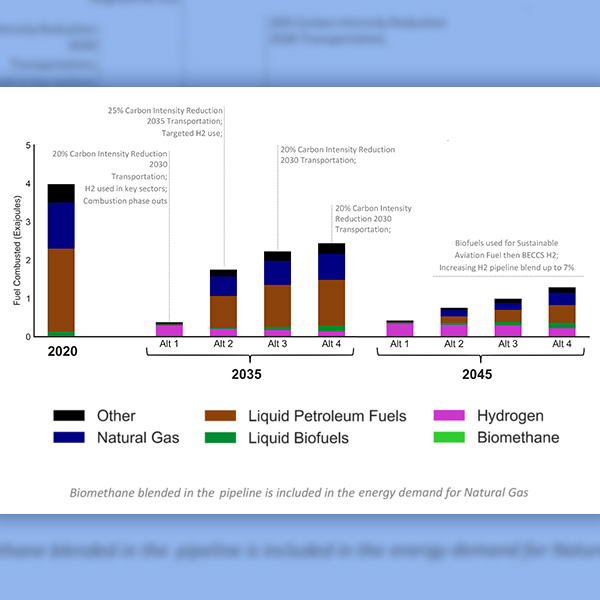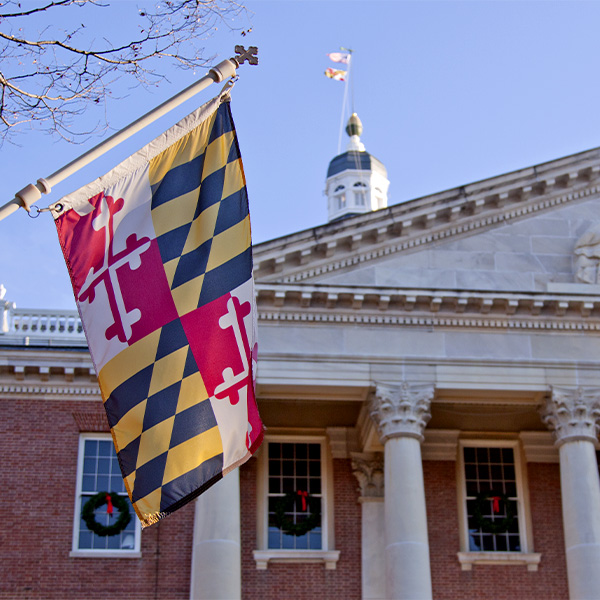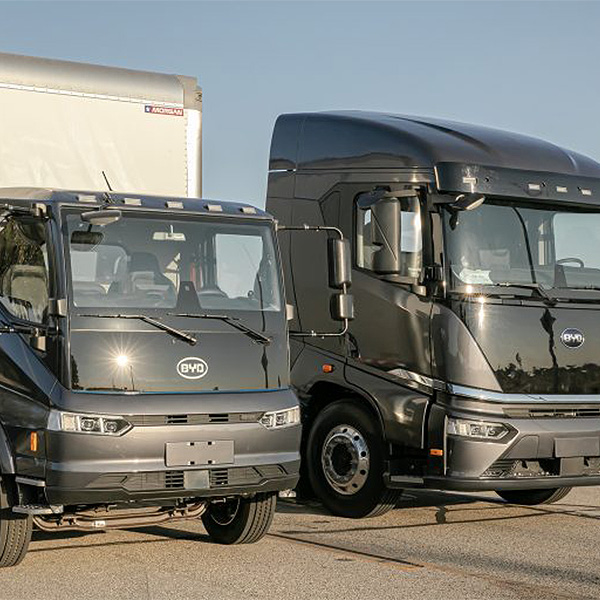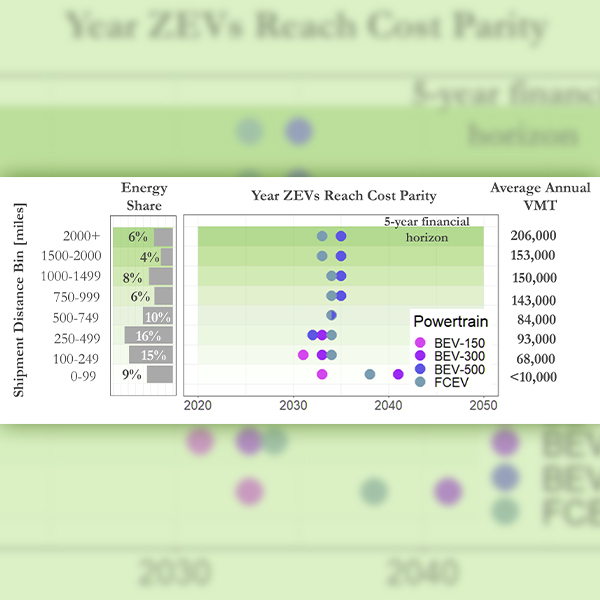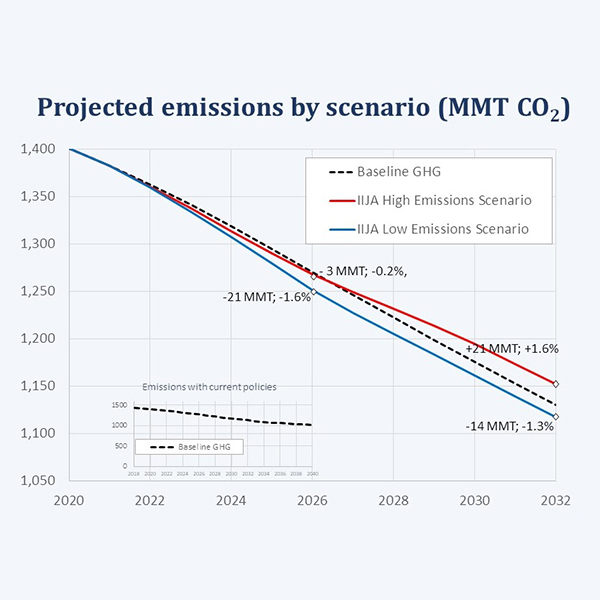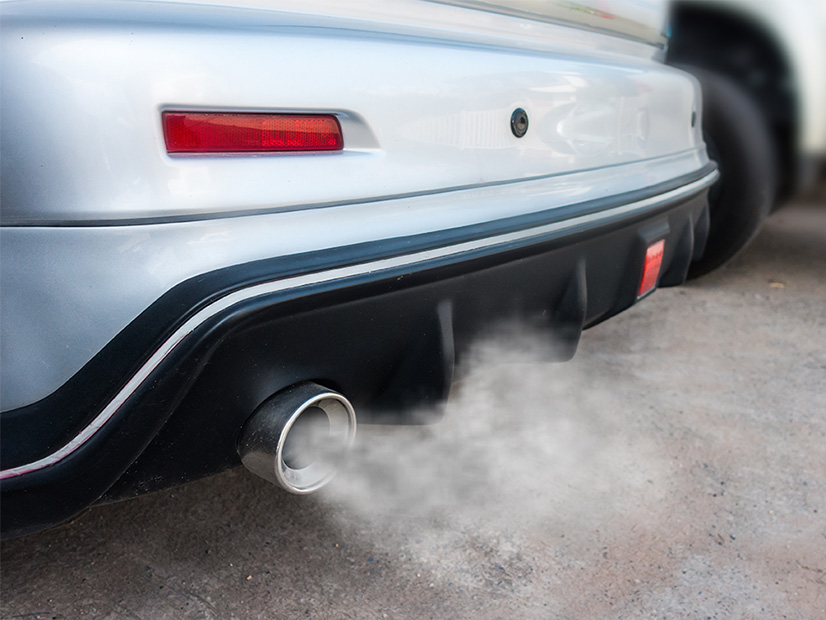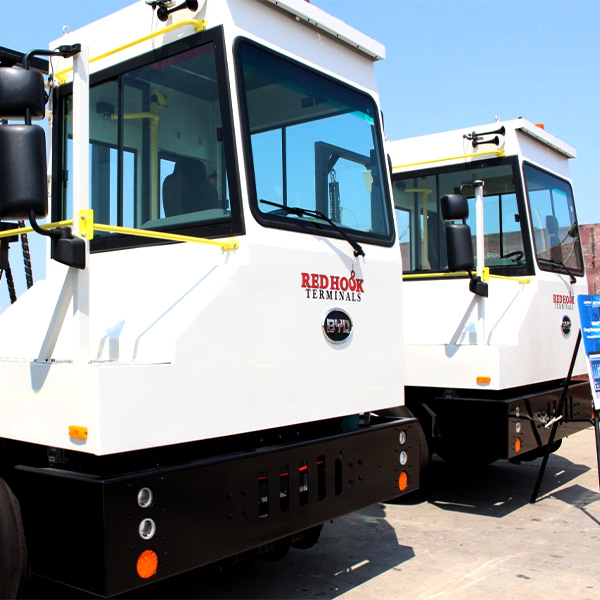Heavy-duty vehicles
A legislative showdown is brewing over Maryland's Climate Solutions Now Act, which would require the state to cut greenhouse gas emissions to net zero by 2045.
NJ Transit is pursuing its first ever planning process to draft a sustainable agency future as it plans to launch its first electric bus program.
Nevada Gov. Steve Sisolak has signed on to a multistate agreement to work toward a goal of 100% sales of zero-emission medium- and heavy-duty trucks by 2050.
California must more than double the amount of solar capacity built each year compared to its previous maximum build rate to reach net zero by 2045, CARB said.
With less than three weeks to go until the end of the session, Maryland legislators have advanced several significant clean energy bills.
California has sweetened the pot for a popular incentive program intended to fuel the purchase of zero-emissions trucks.
By 2035, zero-emission medium- and heavy-duty vehicles should be no more expensive than those that run on diesel, according to a new study from NREL.
The bipartisan infrastructure bill touted to address climate change could cause increased GHG emissions because of state discretion over highway spending.
EPA reinstated the authority of California and 16 other states to enact more stringent vehicle emissions standards than the federal government.
Critics of new rules proposed by the New Jersey DEP to cut emissions from cargo-handling equipment at ports and rail terminals say they should be tougher.
Want more? Advanced Search
